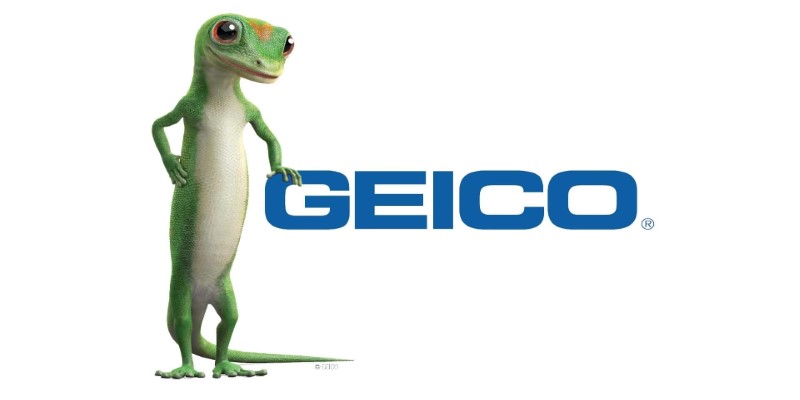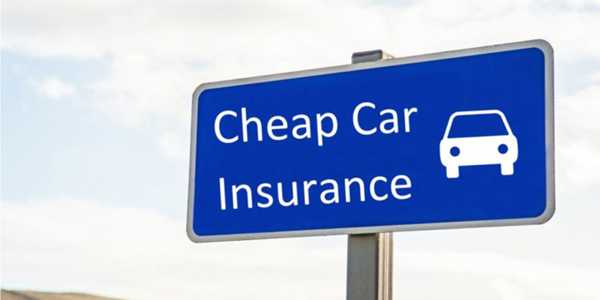Best Car Insurance Options For Rideshare Drivers
So, you've signed up for Uber, Lyft, or both. You've got your car cleaned up, the tank is complete, and the app is ready. But here's a question many new rideshare drivers don't ask soon enough: is your current car insurance actually enough?
Spoiler alert: in most cases, it isn’t.
Driving for a rideshare company puts your vehicle in a different category. You’re not just a commuter anymore—you’re technically a commercial driver. And that changes the rules when it comes to insurance. If you get into an accident while waiting for a ride request or en route with a passenger, your regular personal policy might not cover you. That’s where rideshare insurance steps in.
But how do you choose the right one? Which companies offer the best blend of coverage, price, and ease of use? Let’s break it down.
Why You Need Rideshare Insurance
Car insurance is already a headache. Add in the extra layer of ridesharing, and things can get confusing fast. But here's a simple way to think about it:
There are three phases of rideshare driving:
• The app is off: your auto insurance applies.
• The app is on, waiting for a ride: you're now in a grey area.
• En route to pick up a rider or during a trip: Uber and Lyft offer limited commercial coverage.
That middle stage—the one where you're waiting for a ping—is where most problems happen. If an accident occurs during that period, your insurer may deny the claim, and Uber or Lyft's coverage may not yet take effect. That's why you need a policy that covers the whole timeline.
GEICO: Best for Simplicity
If you're looking for a one-stop solution, GEICO might be your best bet.
GEICO offers a hybrid policy that combines personal and rideshare coverage into a single package. No switching back and forth between policies, no guesswork. It's just one policy that's always on.

Drivers love it because it eliminates the Stress of determining which coverage is in effect. You drive. GEICO does the rest.
What’s even better is that in some states, this hybrid policy can be cheaper than having a personal policy plus a commercial or rideshare add-on.
• Available in over 40 states
• No need for a separate commercial policy
• Covers all three driving periods
On the flip side, GEICO doesn't cover rideshare driving in every state. So before you jump in, check if your state is on the list.
State Farm: Best for Customization
You may like to tinker. You may want control over every detail of your insurance. State Farm's got you covered.
Rather than replacing your policy, State Farm offers a "Rideshare Driver Coverage" add-on. It builds on your existing auto insurance and fills in the gaps that Uber and Lyft don't cover—especially during the awkward "app on, no ride yet" stage.
It’s also one of the more budget-friendly options. If you’re already with State Farm, the rideshare add-on can cost as little as $6 to $15 per month.
• Affordable add-on if you’re already a customer
• Smooth claim handling reputation
• Flexible if you switch between rideshare and personal use often
However, note that if you're not already with State Farm, it may not be worth switching solely for this feature.
Allstate: Best for Perks
Allstate's rideshare insurance is known as "Ride for Hire." The name's catchy, but the features are even better.
What sets Allstate apart is the extra benefits. Their plan often includes deductible gap coverage, meaning they’ll help cover the difference if Uber or Lyft's insurance deductible is higher than yours.
Example: Uber might have a $2,500 deductible. If your Allstate policy has a $500 deductible, they’ll help cover that gap. That alone can save you thousands after an accident.
• Covers deductible gaps from Uber/Lyft policies
• Roadside assistance and other perks included
• Reputable customer service
One thing to keep in mind: availability is limited. Like many rideshare policies, it’s not offered in every state.
Progressive: Best for High-Mileage Drivers
Do you drive a lot? Progressive might be your match.
Their rideshare coverage is designed for full-time or high-mileage drivers who put in serious hours behind the wheel. If you’re clocking in 40+ hours a week driving, Progressive is worth a look.
They offer rideshare endorsements that extend your coverage into rideshare use. They're upfront about pricing, which is always a plus.
• Great for full-time drivers
• Transparent rates
• Bundling options with other insurance (like home or renters)
Downside? Their rideshare add-on can be pricey if you're doing part-time driving.
USAA: Best for Military Families
If you're a veteran, currently serving, or a family member of someone who is, USAA is hard to beat.

They offer affordable rideshare coverage add-ons to personal policies in certain states. Just like their other services, USAA offers strong customer support and member benefits.
• Trusted by military families
• Excellent reputation for claims handling
• Usually priced better than the competition
Caveat: You have to be eligible, which limits access. And like others, it’s not offered in every state.
Choosing What’s Right for You
Still unsure? Here’s a simple way to break it down:
• Are you already happy with your insurer? See if they offer a rideshare add-on.
• Do you want to keep things simple with one all-in-one policy? Consider a hybrid option, such as GEICO's.
• Drive full-time? Lean toward Progressive or Allstate for stronger commercial-style coverage.
• Do you need perks like a deductible gap or roadside assistance? Allstate shines there.
• Military family? USAA is hands down the top choice if you're eligible.
Additionally, take the time to speak with a representative. Policies and laws vary a lot by state. A quick call can save you from a costly mistake down the road.
Driving Smart Starts With Coverage
Rideshare driving can be a great gig, but it comes with its share of risks. And those risks can hit hard if you're not adequately insured.
You’ve got options—good ones, too. Whether you're in it for a few hours a week or making a full-time living, there’s a policy out there designed for your driving style.
Before you log in and wait for the next ping, ensure you're protected from bumper to bumper. Peace of mind doesn’t just feel good—it pays off when you least expect it.





